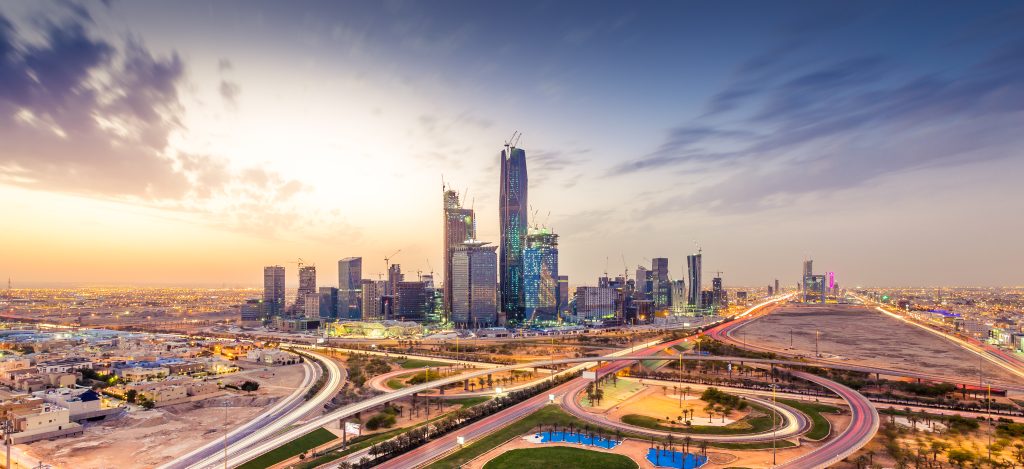In a bold move to strengthen its position as a regional business hub, Saudi Arabia has instituted a policy requiring global firms to set up their Middle East headquarters within its borders to be eligible for government contracts. This decision has sparked a surge of corporate relocations to Riyadh, the nation’s capital, since the mandate took effect at the start of January.
The directive, issued by the Saudi Council of Ministers in December 2022, stipulates that foreign entities seeking to work with the Saudi government must establish regional headquarters in the country before the onset of 2024. Saudi Arabia is poised to channel approximately $175 billion into industrial and other significant projects over the forthcoming five-year span.
“The main advantage of relocating to Saudi Arabia now is the opportunity to gain access to governmental contracts,” commented Anas Salhieh, a leading partner at a consultancy firm.
Firms across various sectors, including automotive, construction, and technology, have been quick to establish new regional offices in Riyadh. Concurrently, the Saudi government is making substantial investments in digitization, infrastructure, education, and healthcare to foster a comprehensive transformation.
Several major companies have already transitioned their regional bases from Dubai to Riyadh, with assistance from advisory firms. For instance, the strategic change and technology company Nortal has moved its headquarters from Dubai to Riyadh to honor its contract with the Saudi Census Agency and to contribute digital services to the Neom megacity project, an ambitious initiative of Saudi Crown Prince and Prime Minister Mohammed bin Salman Al Saud.
“We noticed that the demand for our services is growing faster in Riyadh. Our company has always believed in developing global teams and offices, so it makes sense for us to establish the regional headquarters in Riyadh and grow our Saudi team,” said Taavi Einaste, CEO of Nortal.
Besides the headquarters mandate, the Saudi Investment Ministry has also unveiled incentives to facilitate the transition. These include a 30-year hiatus from corporate taxes and a decade-long exemption from “Saudization” workforce regulations, which generally mandate hiring a minimum number of Saudi nationals.
Despite the legal exemption, Einaste revealed that his company proactively launched a program named ‘Saudi Changemakers’ to train and hire local talent, which turned out to be a resounding success.
However, the high demand for corporate space has led to a shortage, with Grade A office occupancy in Riyadh hitting 97% to 98%. Even though rental costs in Riyadh’s prime locations have reached new peaks, they remain considerably lower than in Dubai.
Real estate specialists note a marked interest in the 3-square-kilometer King Abdullah Financial District in Riyadh, particularly among construction, engineering, law, and consulting firms.
Amjad Saif, an associate director at a UK-based property brokerage, indicated that the demand for tech, management consulting, and financial institutions is particularly high, with a significant portion of office towers already leased or committed.
Meanwhile, an international law firm has declared its upcoming move to the Tadawul Tower in the financial district, continuing its long history of advising on Saudi legal matters.
“Establishing a direct presence in Saudi Arabia opens a new chapter in our firm’s enduring relationship with the kingdom,” shared Waad Alkurini, an executive partner at the law firm.
In recent developments, the Saudi Investment Minister announced the licensing of over 180 foreign companies to set up their headquarters in Saudi Arabia, surpassing the target set for the end of 2023.
While Riyadh is striving to challenge Dubai’s status as the preeminent regional hub, it has considerable ground to cover. Despite a larger population, only a fraction of the Fortune 500 companies with a presence in the Middle East and North Africa have chosen Riyadh for their regional headquarters, with the majority still favoring Dubai. Nonetheless, experts like Taimur Khan from a commercial real estate firm believe that having a footprint in both Saudi Arabia and the UAE could be beneficial for businesses in the Gulf region.
